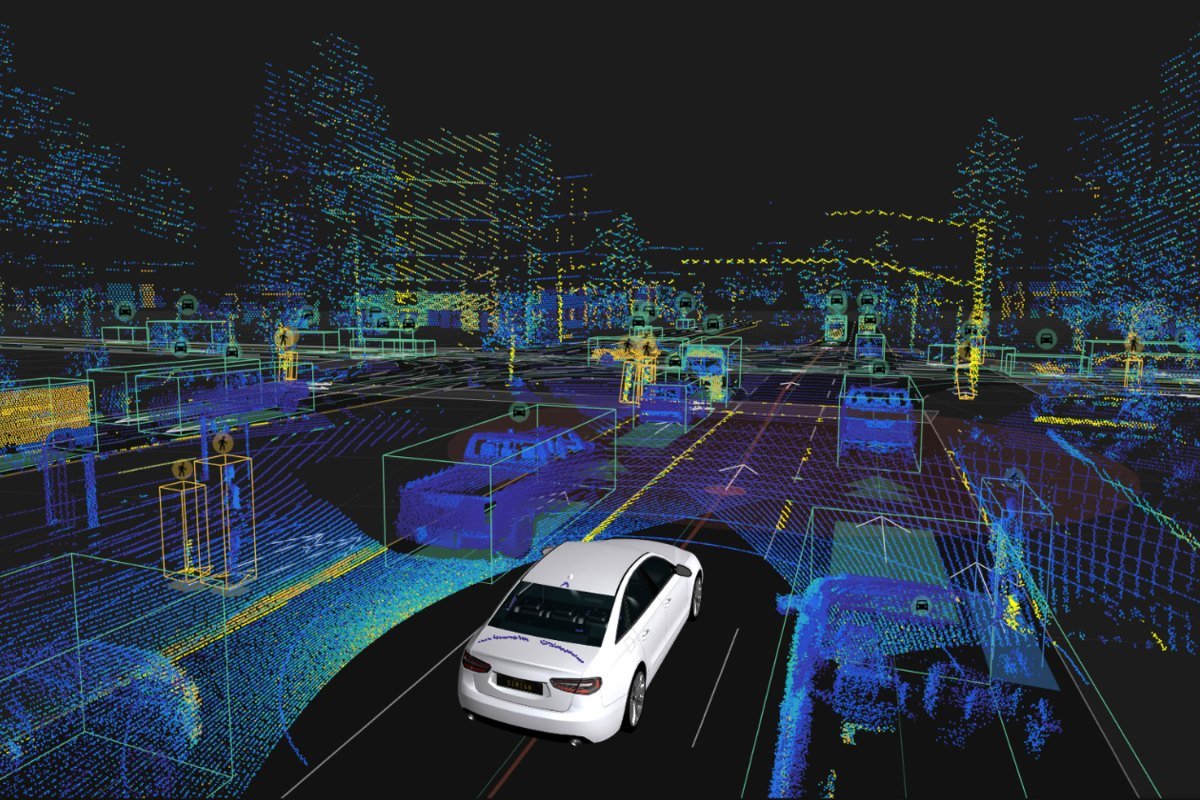Autonomous vehicle software company Applied Intuition has raised $250 million in a round that values the startup at $6 billion, as it pushes to bring more artificial intelligence to the automotive, defense, construction and agriculture sectors.
The eye-popping funding round is the latest example of investor fervor for AI. Applied Intuition appears to have nailed a particular sweet spot for VCs who are on the hunt for startups with AI products that cross into large industries with big budgets — defense being one hot area — with seemingly endless opportunities.
The Series E round was led by Lux Capital‘s Bilal Zuberi, investor Elad Gil, and Porsche Investments Management, the sports car maker’s independent venture arm. Others joining the round were Andreessen Horowitz, Mary Meeker‘s growth fund Bond, and even Formula 1 world champion Nico Rosberg. Lux Capital, Elad Gil, and Andreessen Horowitz all previously led funding rounds for Applied Intuition.
According to co-founder Qasar Younis, the fresh capital will go towards funding “the most ambitious projects that we have, without flooding the company and breaking our culture.” Younis shared with TechCrunch in an interview that Applied Intuition’s goal is for clients to immediately think of them when facing AI problems or challenges.
The company claims to work with “18 of the top 20 automakers,” including General Motors, Toyota, and Volkswagen, as well as autonomous vehicle startups like Gatik, Motional, and Kodiak. The company also has a contract with the Army and Defense Innovation Unit.
Co-founder and CTO, Peter Ludwig, shares that “it’s dangerous for automakers to not partner with us in some ways” due to the complexity and impact of the technology they’re working on.
The new funding round comes at a time when development of autonomous vehicles is facing renewed scrutiny. Some notable incidents include a pedestrian crash involving GM-owned Cruise, Waymo’s first-ever software recall, and a recent crash with a cyclist. There have also been layoffs and changes to the scope of some of the most ambitious projects in the industry.
However, the demand for artificial intelligence continues to rise. In a statement, Younis expressed that incorporating AI into their products will “exponentially accelerate the production of next-generation vehicles.”
This could mean utilizing AI to generate more dynamic simulated environments for companies to test their AVs in. Younis explains that simulators are highly complex and require teams of experts to constantly work on them. Applied Intuition plans to explore both popular and more experimental technologies, such as large language models, to solve automotive problems.
“If you had a world class AI team pointed towards all the problems in automotive, there’s plenty of low hanging fruit,” Younis says.








